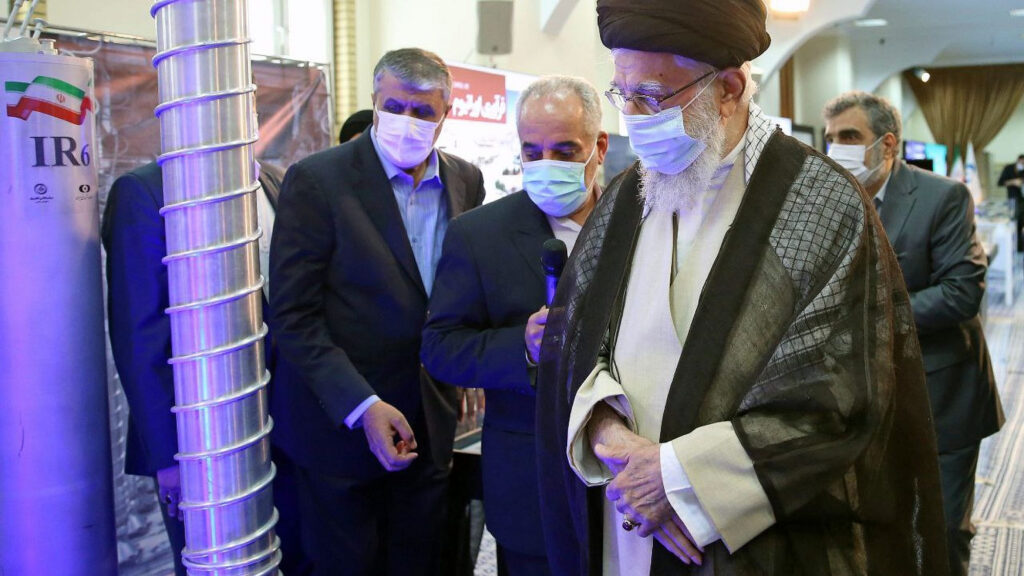Iran in theory has enough enriched uranium to manufacture three bombs, according to a confidential IAEA report released last week.
By JNS
The IAEA Board of Governors refrained from submitting a binding resolution against Iran at its Nov. 22 meeting in Vienna, though the watchdog condemned Tehran’s stance as “unprecedented and contrary to the cooperation that is required.”
“The picture is pretty bleak, but the fact at the moment is that there is no appetite to provoke a reaction in Iran in the context of the war in the Middle East,” a senior diplomat told AFP.
Following the Oct. 7 Hamas attack that left 1,200 Israelis dead, sparked a war between Israel and the terror group, and raised tensions across the region, Western powers are reluctant to take actions that might antagonize Iran and lead to a conflict that would engulf the Middle East.
The diplomat said that Western hesitancy to rebuke Iran has had the opposite of its intended effect and only “emboldened” Tehran.
Similarly, Kelsey Davenport of the Arms Control Association, a think tank promoting successful arms control policies, told AFP that viewing Iran “in a vacuum” and failing to hold it accountable “sends the wrong signal to Tehran and other would-be proliferators.”
Western leaders are particularly concerned about Iranian proxy Hezbollah in Lebanon increasing its hostile actions on Israel’s northern border.
Hezbollah has launched multiple attacks on Israel since Oct. 7, most recently on Nov. 23 when it launched 50 rockets at Israeli military posts. That strike followed an Israeli one that killed five Hezbollah terrorists in Lebanon.
Iran has continually defied IAEA resolutions, and in mid-September barred agency inspectors from overseeing its nuclear activities.
“I strongly condemn this disproportionate and unprecedented unilateral measure which affects the normal planning and conduct of agency verification activities in Iran,” IAEA Director-General Rafael Grossi said of Iran’s decision to “de-designate” IAEA inspectors, adding that it “openly contradicts the cooperation that should exist between the agency and Iran.”
Iran’s provocation followed a warning by the United States, Britain, France, and Germany (the E3) that the IAEA’s board would take action if Tehran didn’t explain uranium particles found at various locations.
In February, IAEA inspectors detected uranium enriched to 84% in Iran, the highest level found by monitors in the country at that point, and just below the 90% level considered military-grade.
Iran in theory has enough enriched uranium to manufacture three bombs, according to a confidential IAEA report released last week, AFP reported.


